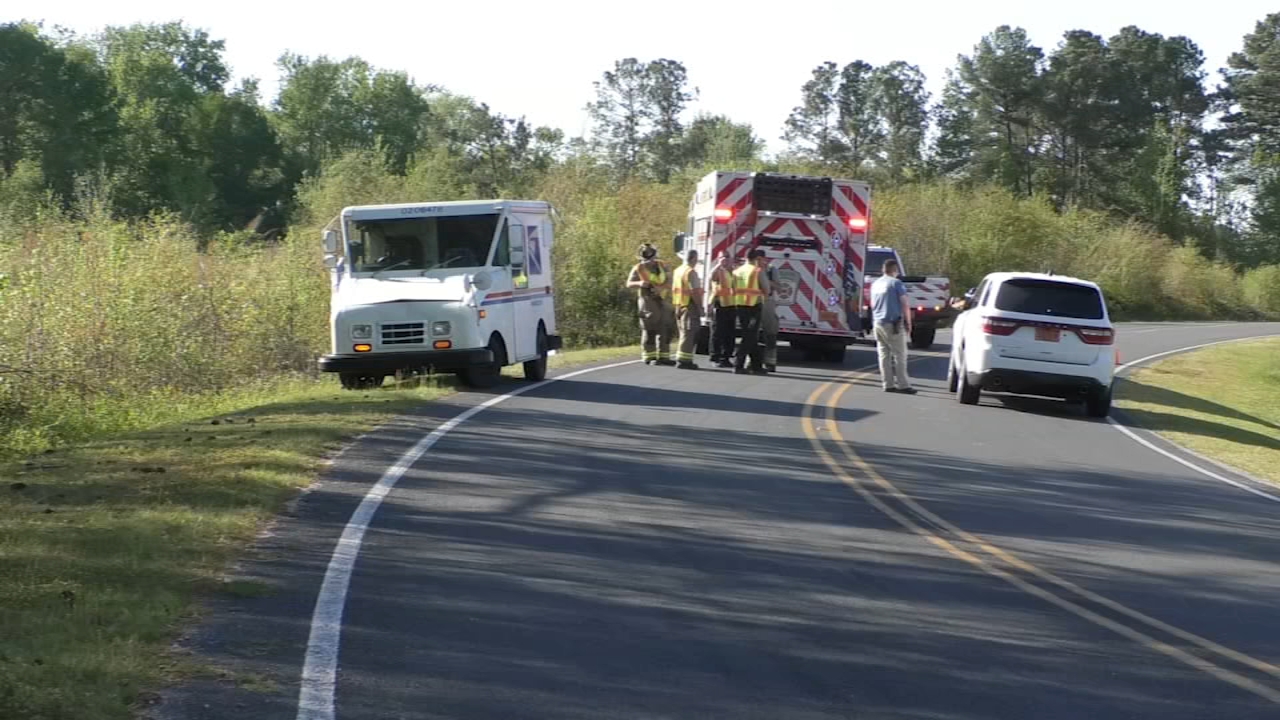Stanford students start program to provide free laptops to homeless, low-income students during pandemic

SAN FRANCISCO -- Two Stanford University students are responding to a need that's grown during the COVID-19 pandemic.
Isabel Wang and Margot Bellon have founded a program called Bridging Tech, which works to match homeless and low-income students with free refurbished laptops.
"Around 11 million students in the United States do not have a laptop at all, so the digital divide is more acute than ever. Without technology, students are being held back," said Bellon during an interview featured on "Good Morning America."
Their charitable fund has already donated more than 400 laptops in the San Francisco Bay Area to kids who need them most, thanks to individual and corporate donations.
Fundraising from over 10 countries, ranging from $5 to $5,000, is also helping fund their project.
"We plan on giving another 400 laptops for student learning within the next two months," said Wang.
Wang and Bellon have also enlisted the help of more than 30 volunteers, mostly fellow Stanford classmates, local high school students and some local non-profit partners to make sure the computers are functioning properly.
"A lot of the families have never owned a computer, so this gift is a way for them to connect with their school, with their peers, it gives them a sense of mental health, and the families a little bit of stability," said Christina Alton with Hamilton Families, an organization that provides housing assistance to families.
It's not just laptops, Bridging Tech has also launched tutoring and mentorship programs that specialize in areas like computer science.
Wang and Bellon are now hoping to continue expanding the program to other areas around the country to change as many lives as they can.
"Our general advice is younger than 2013 is really viable technology for us to refurbish," said Bellon. "Or we can exchange technology with local refurbishers, so everything helps. We hope that Bridging Tech is here to stay."
Wang and Bellon are still accepting donations, now more than ever. They'll take older laptops or monetary donations. Visit Bridging Tech's website for more information.








